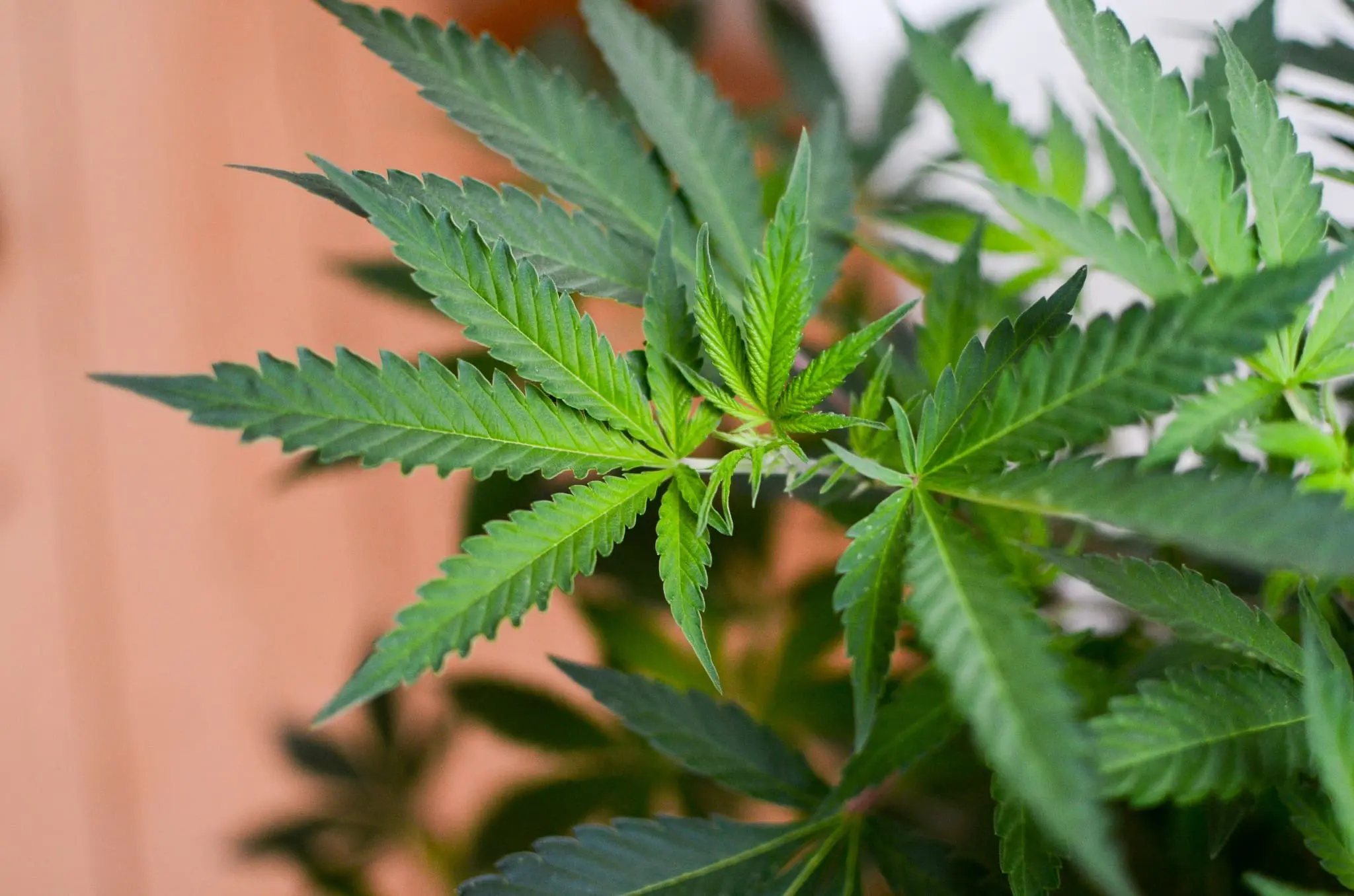Politics
D.C. Court Reverses Firing Of Government Worker Who Tested Positive For Marijuana

A Washington, D.C. administrative court has reversed the termination of a government employee and medical cannabis patient who was fired after being suspected of intoxication on the job and subsequently tested positive for marijuana in late 2020. It also ordered the Office of Unified Communications (OUC) to reimburse the worker for all back pay and benefits.
The D.C. Office of Employee Appeals (OEA) ruled in favor of the employee, who petitioned the termination in April 2021, arguing that OUC falsely accused her of being impaired because her eyes were red and she was talking quietly, prompting supervisors to initiate a reasonable suspicion referral and drug test that did show THC metabolites in her system.
The employee asserted that her eyes may have appeared red because she had received almost no sleep after being informed of her brother’s hospitalization from a drug overdose, after which point she stayed at the hospital and then returned to her next shift just hours after returning home. She said she was tired but stable enough to perform the job.
She further provided proof both to the employer and OEA that she was a registered medical cannabis patient. She said she hadn’t used cannabis on the day of the drug test, but she’d consumed recently enough on a weekend when she wasn’t working that the THC metabolites would still be detectable.
Monica Dohnji, a senior administrative judge for OEA, said in the July ruling that OUC was negligent in how it handled the process for reasonable suspicion of impairment from drugs. Specifically, because supervisors allowed the worker to return to the floor to answer calls as part of her job after they allegedly suspected impairment “prove that neither supervisor had a reasonable suspicion” that she was impaired to an extent that “she could not perform her duties.”
That’s a key component of the reasonable suspicion process. If OUC supervisors really had cause to think the worker was impaired such that she couldn’t do her job, they shouldn’t have allowed her to return to her job.
“Because Employee was allowed to perform her duties and did in fact adequately do so after being observed by her supervisors, I find that [the supervisors] did not reasonably believe that Employee’s ability to perform her job was impaired. As such, I further conclude that a reasonable suspicion referral was unwarranted,” the judge wrote in the ruling, which was published in the District Register late last month.
Additionally, in attempting to defend the termination, the employer told the court that the reasonable suspicion referral was legitimate whether the alleged impairment was due to drug use or sleep deprivation. But District statute does not allow sleep deprivation to be used to justify this process, and Dohnji said that the defense was “disturbing and without merit.”
“In the instant matter, it can be reasonably assumed that [the supervisor] did not observe Employee as required, or her observation of Employee did not rise to the level of impairment, hence, her decision to allow Employee to return to work. Absent a confirmed observation, Employee would not have been subject to a reasonable suspicion testing, which eventually led to her termination. Consequently, I find that Agency’s error in this instance constitutes harmful error that warrants the reversal of this adverse action.”
As part of the ruling OEA also ordered the employer to reimburse the worker for all back pay since the original termination, as well as any benefits she missed out on because of the action.
The court’s ruling came just days before Mayor Muriel Bowser (D) signed a bill that bans most workplaces from firing or otherwise punishing employees for marijuana use.
—
Marijuana Moment is tracking more than 1,500 cannabis, psychedelics and drug policy bills in state legislatures and Congress this year. Patreon supporters pledging at least $25/month get access to our interactive maps, charts and hearing calendar so they don’t miss any developments.
![]()
Learn more about our marijuana bill tracker and become a supporter on Patreon to get access.
—
The reform was designed to expand on a previous measure lawmakers approved to protect local government employees against workplace discrimination due to their use of medical cannabis.
Relatedly in California, lawmakers recently sent a bill to the governor’s desk that would provide broad employment protections for workers who use marijuana off the job.
Other states have carved out cannabis-related employment protections—mostly for medical marijuana patients—but this one extends those workplace safeguards to both medical and adult-use consumers who are acting in compliance with California law.
After New York enacted recreational legalization, the state Department of Labor also instituted new rules stipulating that employers can no longer drug test most workers for marijuana.
Back in D.C., Bowser also recently signed into law a novel piece of legislation that allows adults to self-certify as medical cannabis patients, effectively circumventing a congressional rider that has blocked the District for implementing a system of adult-use marijuana sales even though voters approved legalization in 2014.
Local officials released data last month that showed a significant spike in registrations in July since the policy took effect.
Photo courtesy of Philip Steffan.



